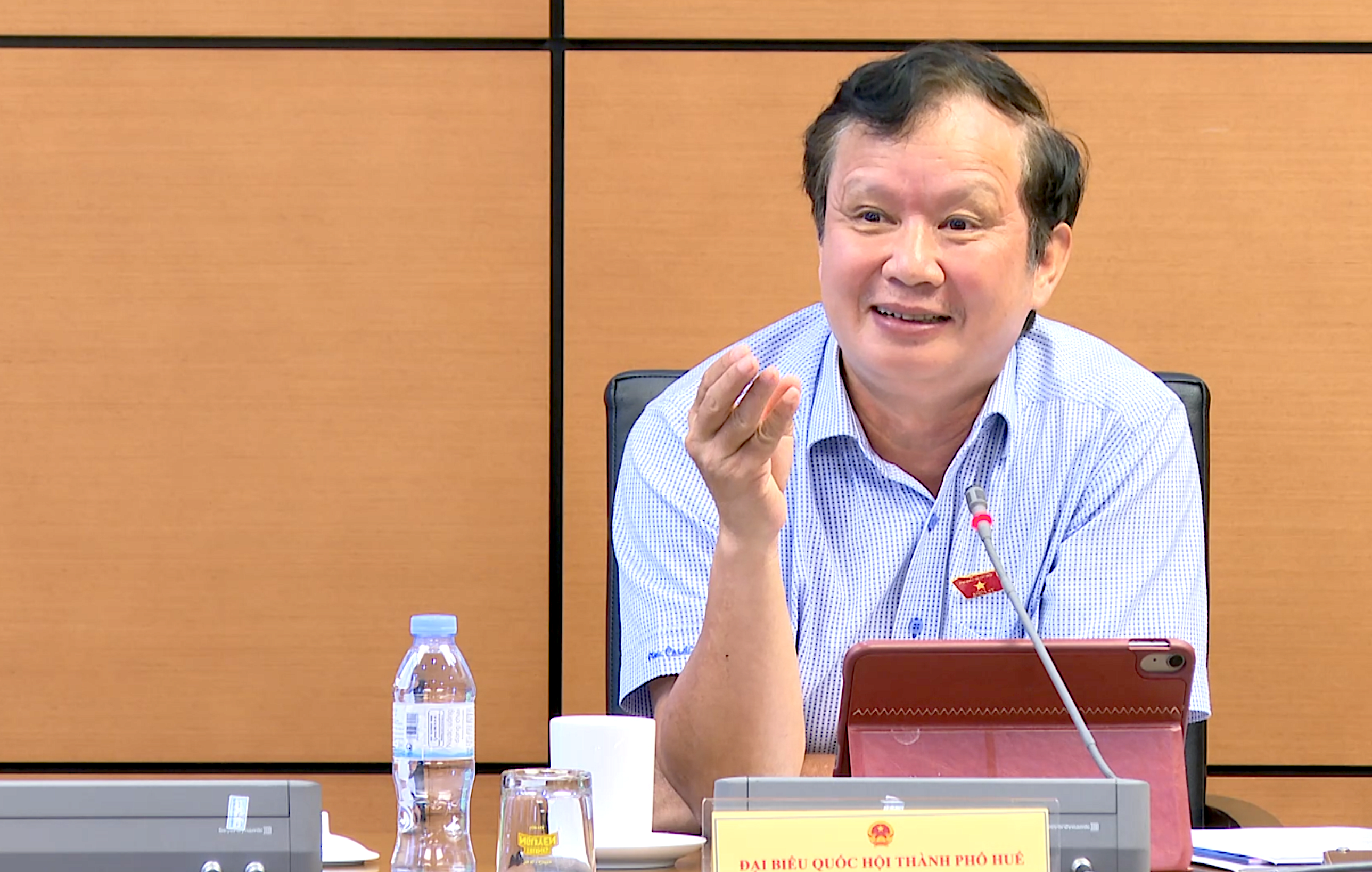 |
| Party Central Committee member, Chairman of the People's Council, Head of the National Assembly Delegation of Hue City Le Truong Luu gave his opinion at the discussion. Photo: Provided by the city's National Assembly Delegation |
On the afternoon of October 22, continuing the program of the 10th Session of the 15th National Assembly, Group 6 including delegations of National Assembly deputies (NA deputies) from Hue City, Dong Nai City and Lang Son City discussed three draft laws: Law on Higher Education (amended), Law on Education (amended) and Law on Vocational Education (amended).
Party Central Committee member, Chairman of the People's Council, Head of the National Assembly Delegation of Hue City Le Truong Luu chaired and moderated the discussion.
Need a separate mechanism for specific training models
Contributing to the discussion, Head of the Hue City National Assembly Delegation Le Truong Luu pointed out the reality: Many educational institutions have specific training models, multi-level, from elementary, intermediate to university, but they are not yet reflected in the law.
“Hue Academy of Music, for example, trains from elementary to university level. Or in the field of sports , discovering and nurturing talent from children to professional athletes is also a connecting process. Such specific models are not clearly defined in the law,” Mr. Luu said.
Regarding the medical sector, Mr. Luu said that it is necessary to consider the model of merging colleges into universities, but still keeping the college training program in the new system, instead of eliminating it.
“In reality, many colleges today cannot survive without government support. The arrangement and merger must be based on retaining the value and training capacity of each level,” said Mr. Luu.
Delegate Pham Nhu Hiep, Director of Hue Central Hospital, focused on analyzing the specific training system in the medical field. Mr. Hiep suggested that the law should clearly define specific degrees such as specialist I, specialist II and resident doctor, because currently these degrees are not included in the national degree system.
“In many countries like the US or France, medical training is always closely linked to residency practice lasting 3-6 years depending on the specialty. If the law is not updated, domestic medical students will be disadvantaged because after graduation, their practice degrees will not be recognized as equivalent,” said delegate Pham Nhu Hiep.
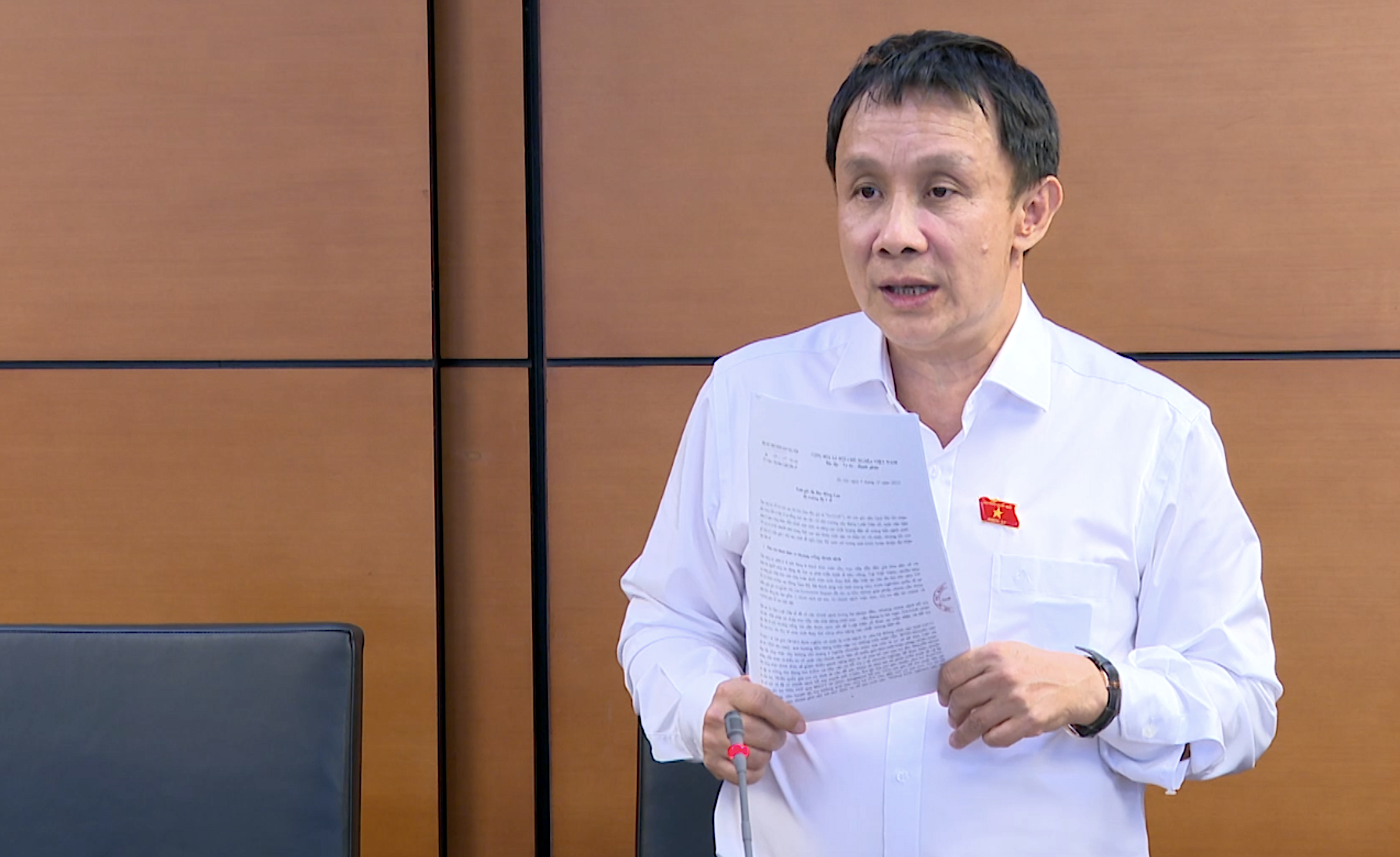 |
| Delegate Pham Nhu Hiep proposed the need to build a coordination mechanism between the Ministry of Education and Training and the Ministry of Health in granting and managing specific diplomas for the health sector. Photo: Provided by the City National Assembly Delegation |
Mr. Hiep also recommended the need to develop a coordination mechanism between the Ministry of Education and Training and the Ministry of Health in granting and managing specific diplomas for the health sector, and at the same time legalize the concept of "co-teachers", lecturers who are doctors working directly at hospitals.
Perfecting the legal framework for educational innovation
Deputy Head of the Hue City National Assembly Delegation Nguyen Thi Suu contributed many technical comments and proposed to add principles to ensure proactive cooperation in training, research and transfer of science and technology. According to Ms. Suu, "we cannot talk about modern universities without autonomy in research and scientific cooperation."
Regarding the contents of the Law on Higher Education (amended), delegate Nguyen Thi Suu also proposed to unify the use of the phrase "academic integrity" instead of "academic ethics", because the concept of "integrity" includes the element of professional ethics.
Ms. Suu suggested removing the phrase "copyright" in Clause 5 to avoid duplication with the Law on Intellectual Property, and noted the need for a policy to prioritize the development of agriculture, forestry and fishery sectors, especially in localities that are having difficulty recruiting students in this sector such as the University of Agriculture and Forestry and Hue University.
Sharing the same concern about practical implementation, delegate Do Huy Khanh (National Assembly Delegation of Dong Nai province) raised major obstacles in converting land to educational purposes, a factor that is hindering the socialization of private education.
Mr. Khanh cited an example in many localities where investors have 1-2 hectares of commercial or service land and want to build a private school, but are stuck with regulations on converting it to "educational land" and must pay 100% tax on the conversion value, and later if they no longer need to use it for education, they cannot change the old purpose.
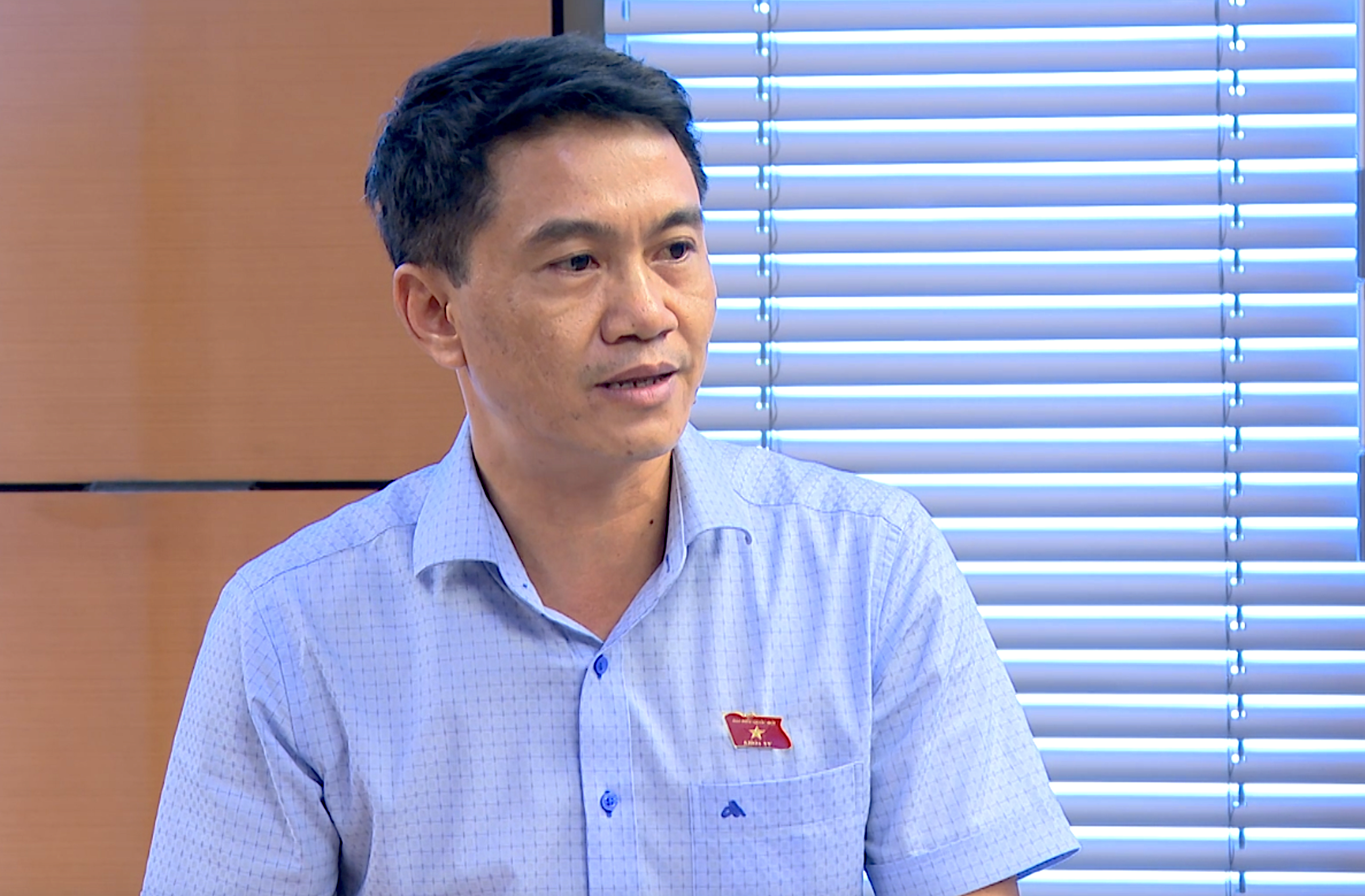 |
| Delegate Do Huy Khanh raised major problems in converting land to educational purposes. Photo: Provided by the City National Assembly Delegation |
According to delegate Do Huy Khanh, the draft law should clearly stipulate the mechanism to encourage the conversion of land for education, allowing organizations and individuals to receive support or tax exemption when converting the purpose to educational land, and not be taxed again when returning it to the original purpose, in order to encourage social resources to participate in investing in schools.
“Education is a public sector, businesses and people should not hesitate to contribute to socialization,” Mr. Khanh emphasized.
Discussing the draft Law on Vocational Education (amended), delegate Do Huy Khanh also noted that allowing universities to provide parallel training at intermediate and college levels in some specific fields such as arts and sports, if not strictly regulated, will "cause a vicious cycle, eliminating the role of the specialized college system".
Mr. Khanh gave an example: "If the University of Medicine and Pharmacy, Hue University or Hanoi Medical University all train medical college students, local medical colleges will lose their recruitment sources, leading to waste of facilities and staff."
Delegate Do Huy Khanh said that instead of “spreading out” functions, the law needs to define universities as focusing on training and research, while colleges and intermediate schools are places to train practical vocational skills. “A university graduate is not necessarily better at repairing cars than a vocational student. Each level of training has its own mission, it cannot be uniform,” Mr. Khanh said.
Source: https://huengaynay.vn/chinh-tri-xa-hoi/theo-dong-thoi-su/hoan-thien-khung-phap-ly-cho-doi-moi-giao-duc-toan-dien-159080.html




![[Photo] Award Ceremony of the Political Contest on Protecting the Party's Ideological Foundation](https://vphoto.vietnam.vn/thumb/1200x675/vietnam/resource/IMAGE/2025/10/22/1761151665557_giaia-jpg.webp)
![[Photo] Da Nang: Shock forces protect people's lives and property from natural disasters](https://vphoto.vietnam.vn/thumb/1200x675/vietnam/resource/IMAGE/2025/10/22/1761145662726_ndo_tr_z7144555003331-7912dd3d47479764c3df11043a705f22-3095-jpg.webp)

![[Photo] Prime Minister Pham Minh Chinh chairs meeting on nuclear power plant construction](https://vphoto.vietnam.vn/thumb/1200x675/vietnam/resource/IMAGE/2025/10/22/1761137852450_dsc-9299-jpg.webp)
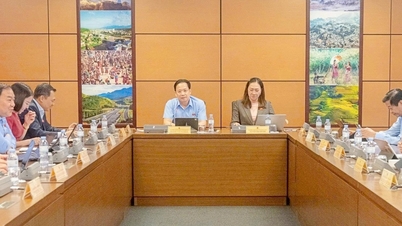

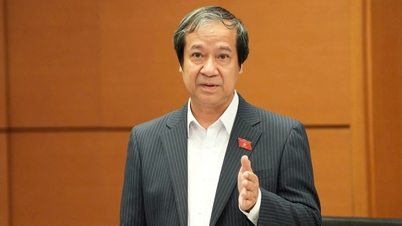

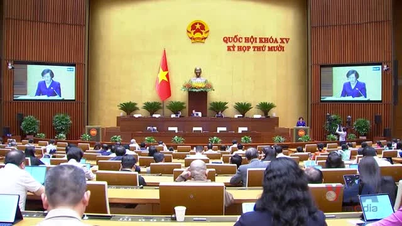

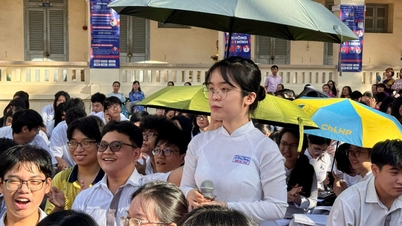

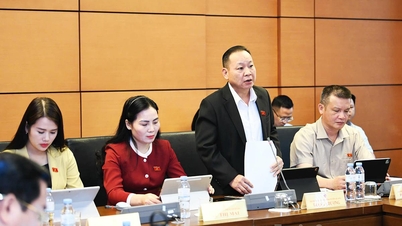

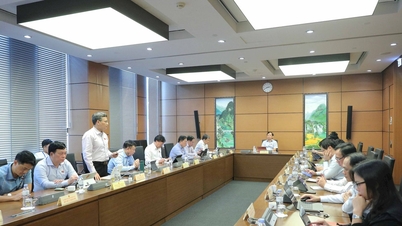
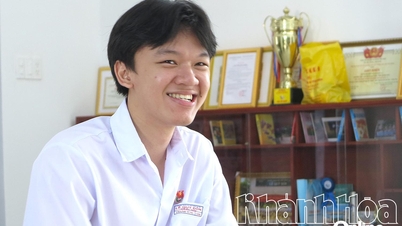

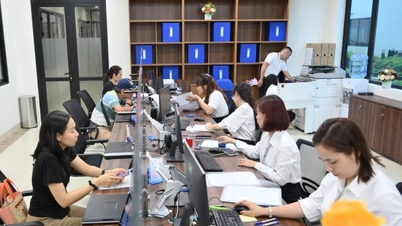
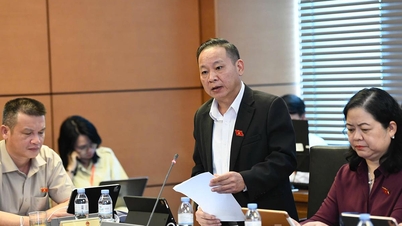


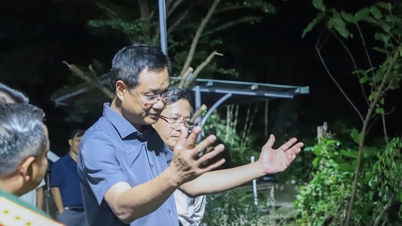

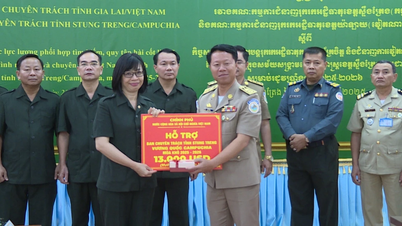






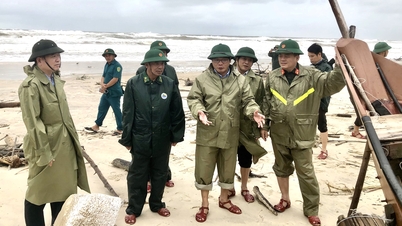
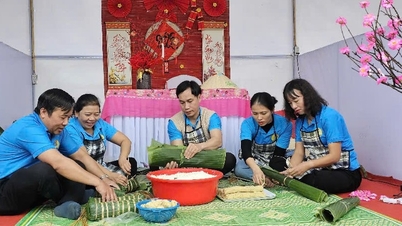
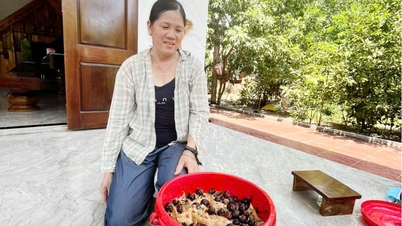
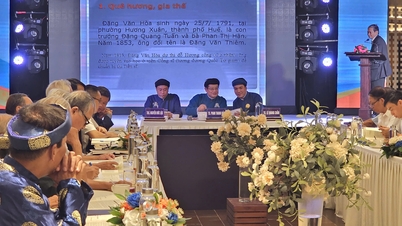
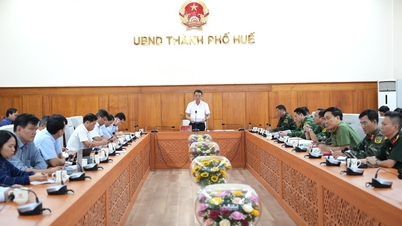





































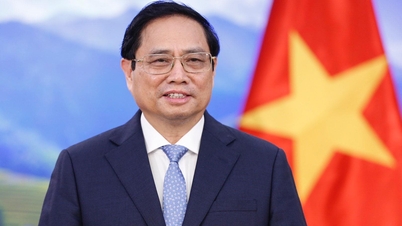

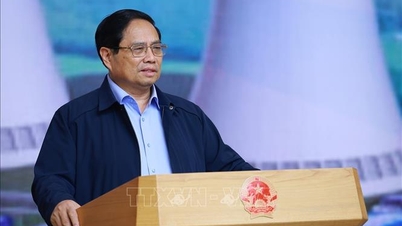

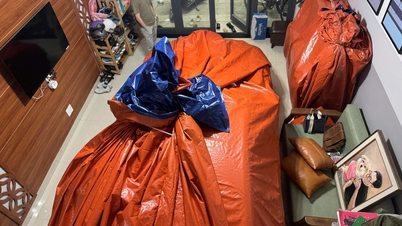


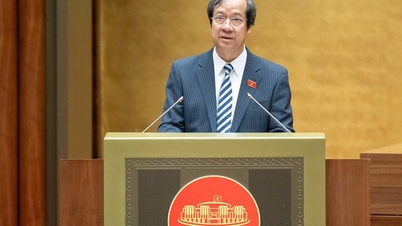

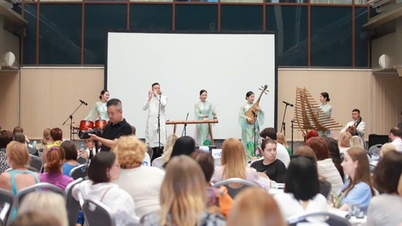
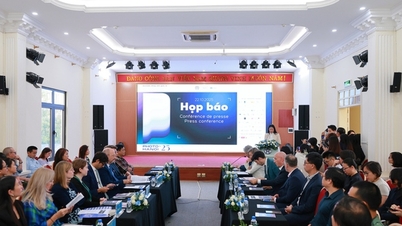

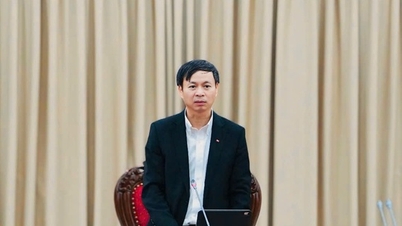

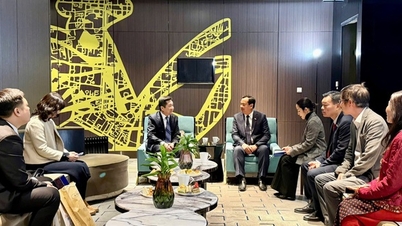

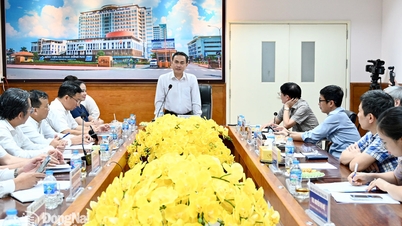




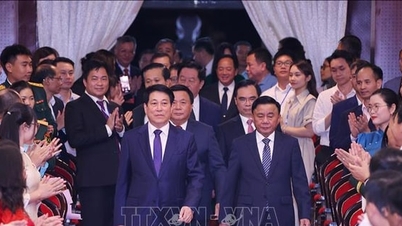

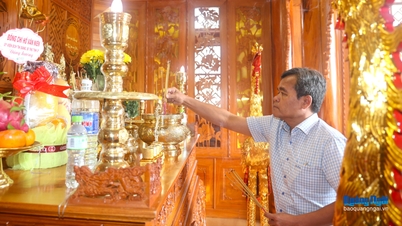











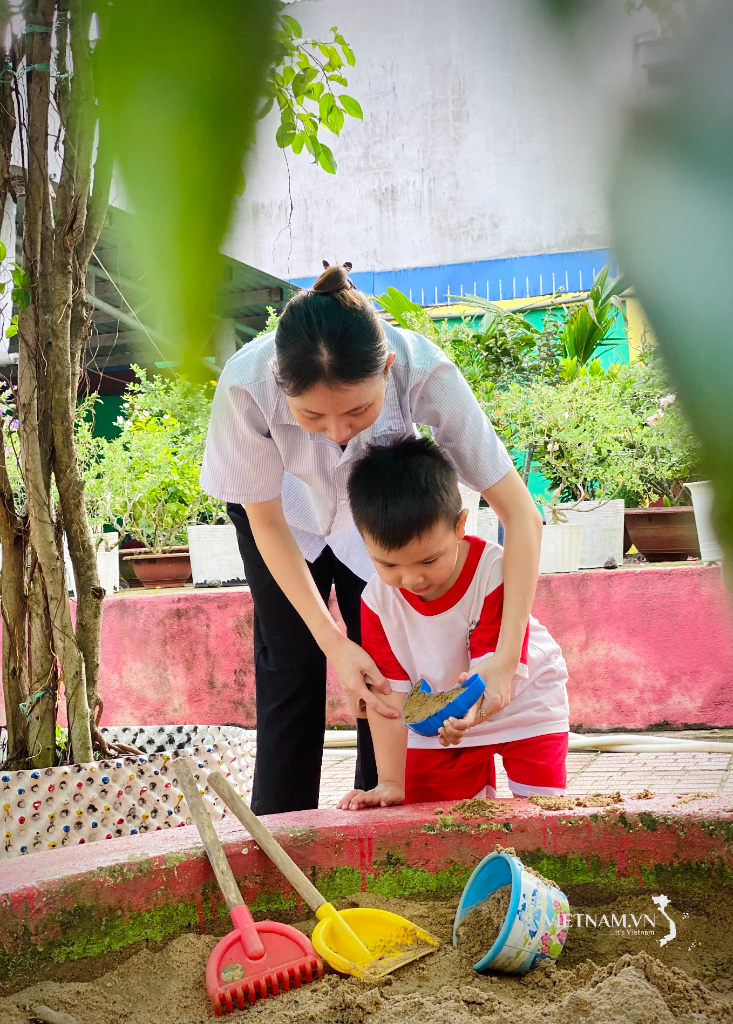

Comment (0)